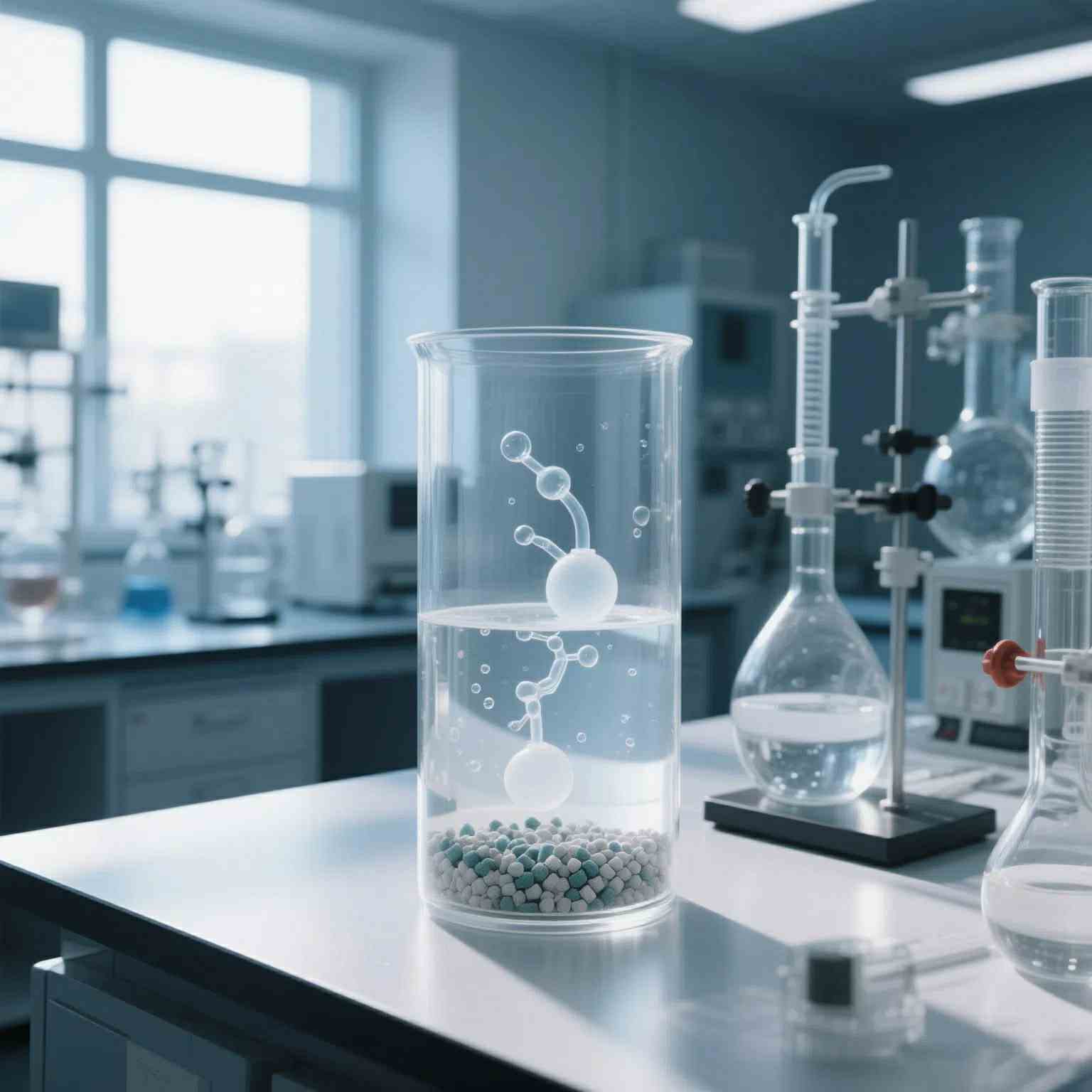
- Chinese: Business Department 0539-8782638
- English: chau@dengzhuochem.com

- Chinese: Business Department 0539-8782638
- English: chau@dengzhuochem.com

Catalysts: The Invisible Heroes Powering Our World
2025-04-28
Have you ever wondered how everyday products like fuels, plastics, or medicines are made efficiently? Or why car exhausts today are cleaner than decades ago? The answer lies in catalysts – the unsung heroes of chemistry and industry.
What Are Catalysts?
Catalysts are substances that speed up chemical reactions without being consumed in the process. Think of them as expert matchmakers: they bring molecules together, help them react faster, and walk away unchanged, ready to repeat the job.
How Do Catalysts Work?
Imagine trying to climb a hill. Without a catalyst, the climb (reaction) is slow and energy-intensive. Catalysts act like a tunnel through the hill, providing a shortcut that saves time and energy. This means:
Lower energy use (reducing costs and environmental impact)
Faster production (meeting global demands efficiently)
Less waste (creating cleaner processes)
Types of Catalysts
Heterogeneous Catalysts: Work in a different state than the reactants (e.g., solid catalysts for gaseous reactions). Used in catalytic converters and oil refining.
Homogeneous Catalysts: Exist in the same state as reactants (often liquid). Common in pharmaceutical manufacturing.
Biocatalysts: Natural catalysts like enzymes. Used in food processing (e.g., turning milk into yogurt).
Why Catalysts Matter for Our Future
From reducing greenhouse gases to enabling renewable energy solutions, catalysts are critical for sustainability. For example:
They help convert CO2 into usable fuels.
They make hydrogen production viable for clean energy.
They speed up biodegradable plastic development.
At SHANDONG DENGZHUO, we innovate catalyst technologies to drive greener, smarter industries. Explore how our solutions can accelerate your business’s sustainability goals.

<< Previous Page
Next Page >>